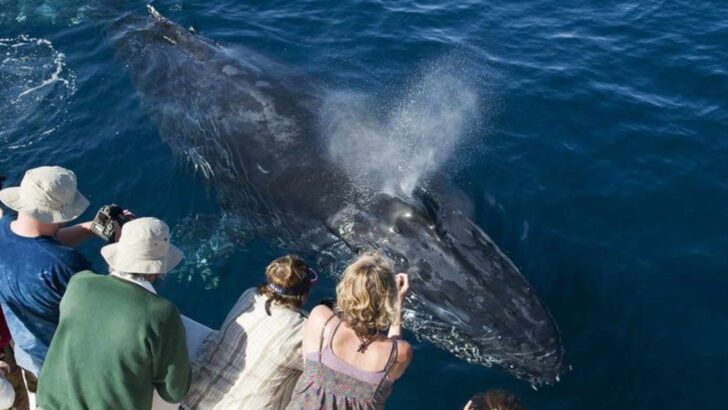Whales are more than just giants of the sea—they are the beating heart of the ocean, the guardians of marine life, and, believe it or not, a key part of keeping our planet healthy.
These magnificent creatures shape ecosystems, store massive amounts of carbon, and inspire awe with their intelligence and deep family bonds. Without them, the ocean—and life as we know it—would look very different.
But whales face constant threats from humans, from noise pollution to climate change. We need them, yet we don’t always protect them the way we should.
From their haunting songs to their incredible migrations, whales give us endless reasons to love them. Here are 13 powerful reasons why these ocean titans deserve our admiration—and our protection.
Oceanic Ecosystem Engineers
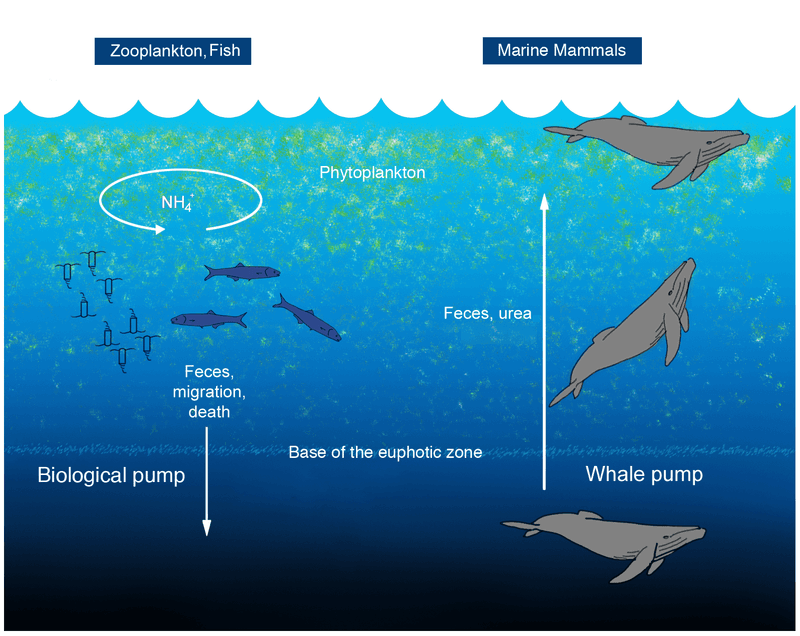
Whales are often referred to as oceanic ecosystem engineers due to their significant impact on marine environments. Through their feeding and movement, they help circulate nutrients from the deep sea to the surface, fostering plankton growth, which is vital for the food chain. Their massive size means they consume tons of krill and small fish, redistributing nutrients. This nutrient cycling supports the entire marine ecosystem, promoting biodiversity.
Furthermore, their excrement acts as a fertilizer, enriching ocean waters and encouraging fish populations. Protecting whales, therefore, ensures the health of our oceans and the myriad species that rely on them.
Carbon Sequestration Champions
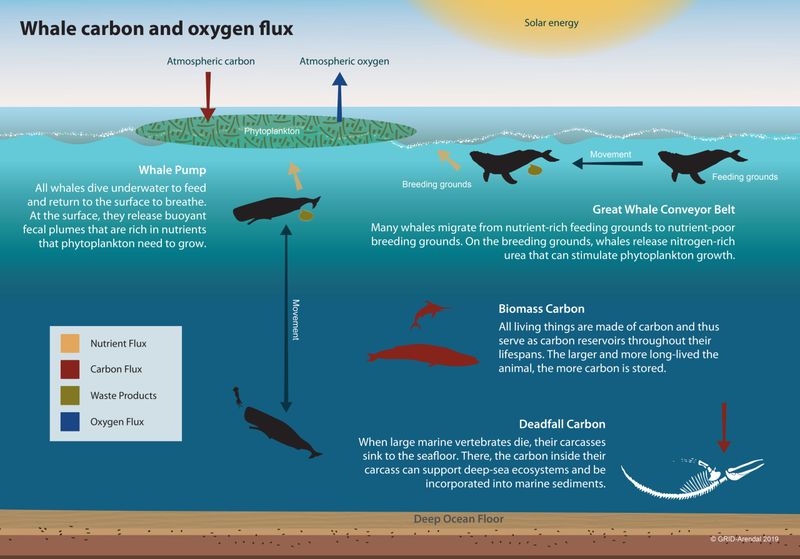
Whales play a crucial role in carbon sequestration, helping mitigate climate change. When they die, their bodies sink to the ocean floor, trapping carbon for centuries. This process, known as “whale fall,” removes significant amounts of carbon dioxide from the atmosphere, aiding in climate regulation.
Additionally, their movements and feeding behavior facilitate the growth of phytoplankton, which absorb carbon dioxide through photosynthesis. Protecting whales boosts the ocean’s capacity to store carbon, highlighting their unseen contribution to climate stability. Their presence is essential in the fight against global warming, making conservation efforts imperative.
Cultural Icons and Inspiration

Whales hold a significant place in human culture and history, inspiring art, literature, and mythology. Many cultures revere whales as symbols of strength, wisdom, and freedom. Their majestic presence has been depicted in countless artworks and stories, capturing the imagination of people across generations.
From ancient myths to modern films, whales continue to inspire creativity and awe. They connect us to nature’s wonders and remind us of the mysteries of the deep. Celebrating whales through cultural expressions enriches our understanding and appreciation of these magnificent creatures.
Indicators of Ocean Health
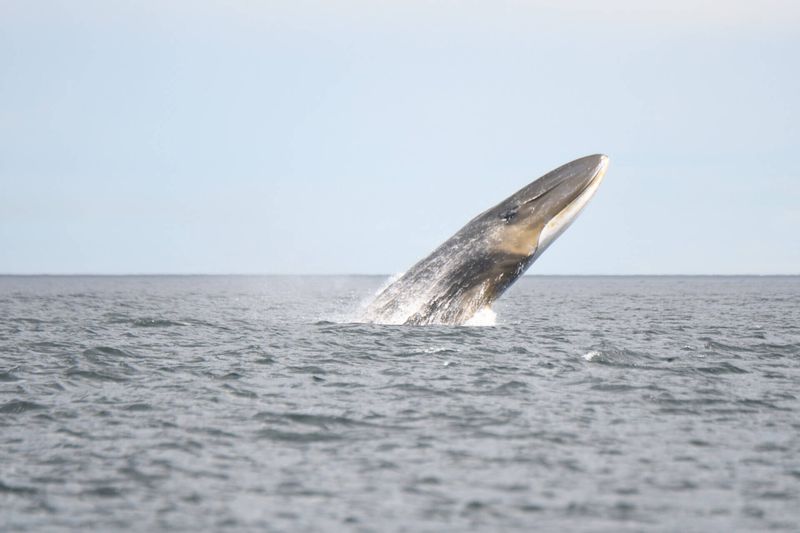
Whales serve as vital indicators of ocean health, providing insights into marine ecosystem conditions. Their presence and behavior reflect the state of their environment, making them essential for monitoring ecological changes. Scientists study whale populations to assess changes in ocean temperatures, pollution levels, and prey availability.
Healthy whale populations suggest a thriving marine ecosystem, whereas declining numbers may indicate environmental stress. Protecting whales aids in safeguarding ocean health and understanding the impacts of human activities on marine life. Their well-being is intrinsically linked to the overall health of our oceans.
Promoters of Ocean Biodiversity
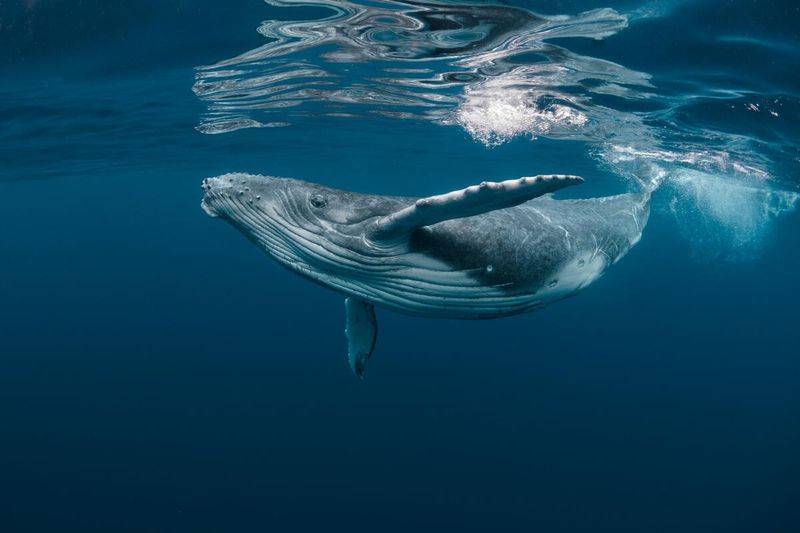
By maintaining balance within marine ecosystems, whales promote ocean biodiversity. Their feeding habits help regulate prey populations, preventing any single species from dominating the food chain. This balance supports a wide variety of marine life, ensuring ecosystem resilience.
Whales also aid in the dispersal of nutrients, fostering habitats for countless marine organisms. Their presence encourages a dynamic and diverse ecosystem, crucial for the survival of many species. Conserving whale populations is essential for preserving the intricate web of life within our oceans.
Marine Tourism Attractions
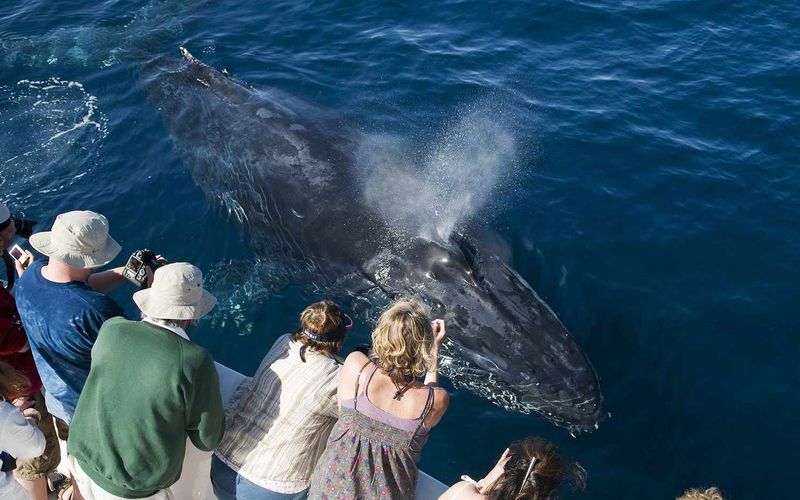
Whales are major attractions in the marine tourism industry, drawing millions of people worldwide. Whale watching provides unique experiences, connecting humans with nature and fostering appreciation for marine life. This growing industry supports local economies, providing jobs and encouraging conservation efforts.
Tourists travel great distances to witness the awe-inspiring sight of whales in their natural habitat. These majestic creatures captivate audiences, promoting environmental awareness and advocacy. Responsible tourism ensures the protection of whale habitats, benefiting both ecological and economic landscapes.
Powerful Communicators
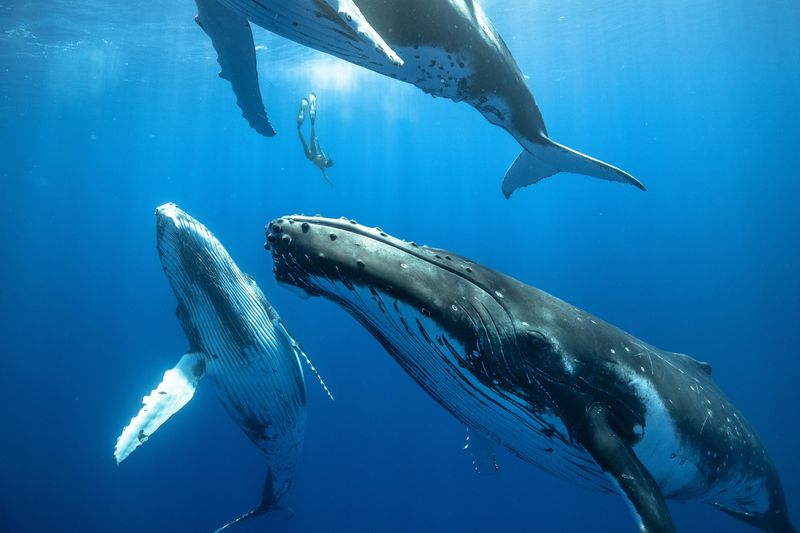
Whales are known for their sophisticated communication abilities, using a variety of vocalizations to interact. Their complex songs and calls convey information across vast ocean distances, facilitating social bonds and coordination within pods.
These vocalizations are crucial for mating, navigation, and maintaining group cohesion. Studying whale communication provides insights into their social structures and behaviors. Understanding their language can also inform conservation efforts, helping protect their natural habitats from noise pollution that disrupts their communication channels.
Protectors of the Marine Food Web
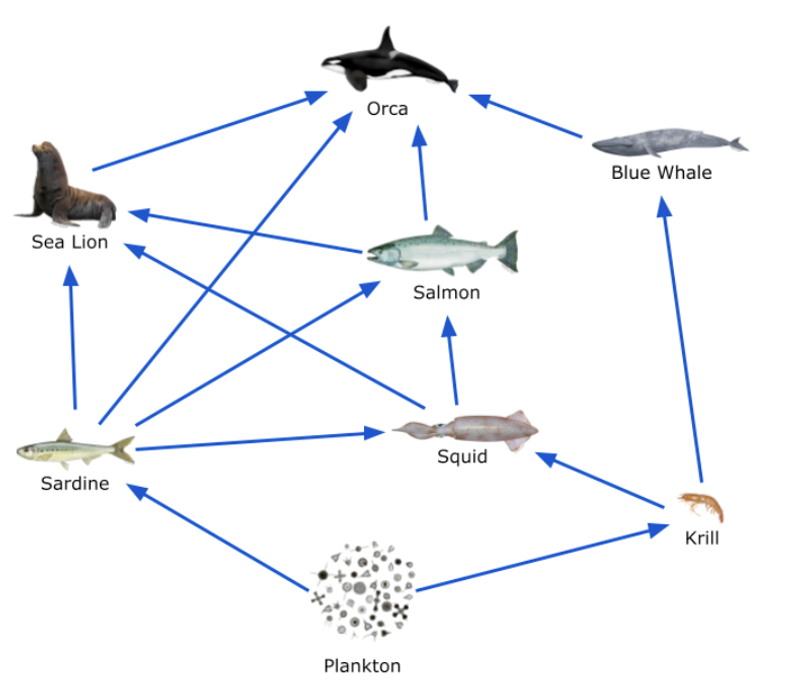
Whales play a crucial role in the marine food web, ensuring its stability and balance. Their feeding habits regulate prey populations, preventing overpopulation and depletion of resources. This control maintains the health of various marine species and their habitats.
By consuming vast quantities of prey, whales also promote nutrient cycling, enriching oceanic environments. Their presence supports a sustainable and thriving ecosystem, vital for the survival of countless marine organisms. Protecting whales is crucial for preserving the integrity of the marine food web and sustaining ocean life.
Crucial for Nutrient Distribution
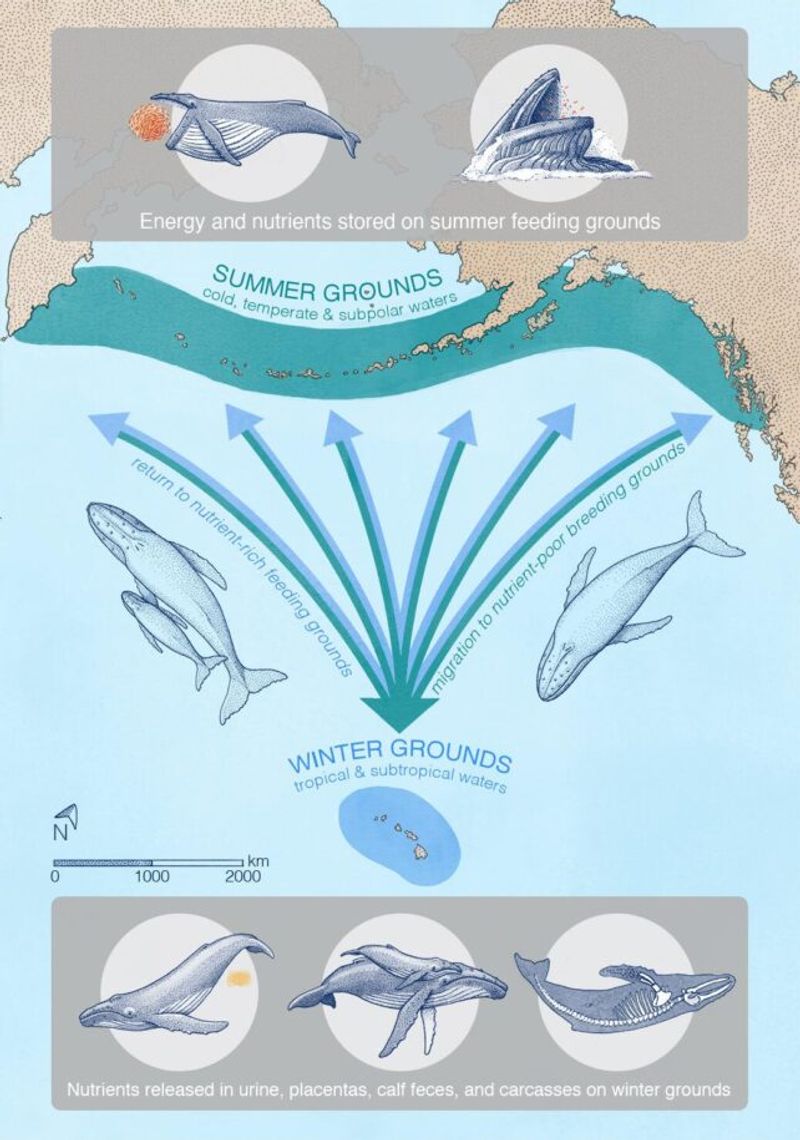
Whales contribute significantly to nutrient distribution in the ocean. As they dive and surface, they mix water layers, promoting nutrient exchange. This process supports plankton growth, serving as the foundation for the marine food chain.
Their movements effectively distribute nutrients, enhancing productivity and biodiversity. Nutrient-rich waters foster thriving marine ecosystems, benefiting all ocean inhabitants. Understanding and preserving whale behaviors is essential for maintaining the delicate balance of marine life. Their role in nutrient distribution underscores their importance in ocean health.
Ecotourism Economy Boosters
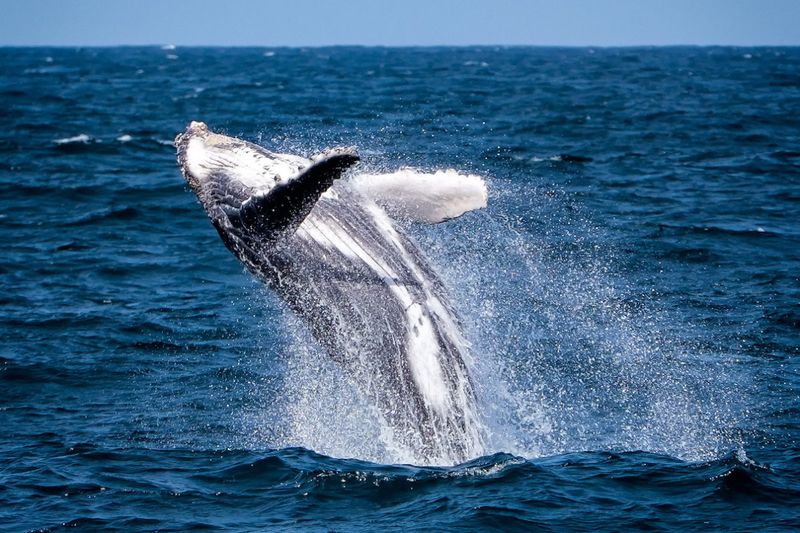
Whales significantly impact ecotourism, attracting visitors and boosting local economies. Whale watching offers unforgettable experiences, drawing nature enthusiasts eager to witness these magnificent creatures up close. This interest supports coastal communities, providing jobs and stimulating economic growth.
Whale-related tourism encourages conservation efforts, as communities recognize the value of preserving natural habitats. This sustainable approach benefits both people and nature, promoting environmental stewardship. Protecting whales ensures continued economic opportunities, highlighting their role in ecotourism’s success.
Conduits of Genetic Diversity
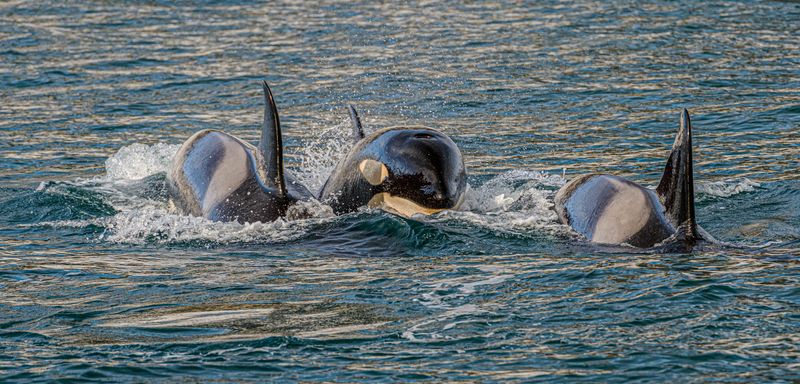
Whales, with their extensive migratory patterns, are conduits of genetic diversity across ocean basins. These migrations allow for genetic exchange between different populations, enhancing resilience against environmental changes. This genetic diversity is crucial for species adaptation and survival.
As they traverse vast distances, whales connect isolated marine communities, promoting gene flow and species evolution. Preserving whale migration routes is vital to maintaining healthy genetic diversity, ensuring their continued existence in a changing world. Protecting these pathways benefits not just whales but the broader marine ecosystem.
Symbols of Conservation Awareness
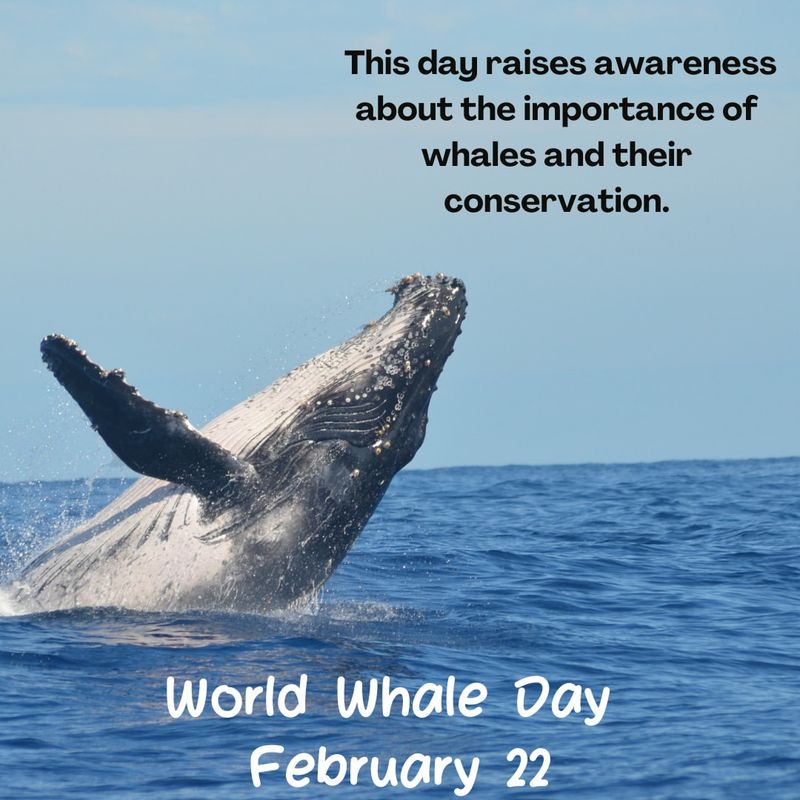
Whales have become powerful symbols in the conservation movement, representing the urgent need to protect marine life. Their plight has raised awareness about the dangers of pollution, climate change, and overfishing. Public campaigns often feature whales, drawing attention to environmental issues.
These iconic creatures inspire action, uniting people across the globe in efforts to safeguard ocean health. Support for whale conservation translates to broader protection of marine ecosystems. Their iconic status fosters international collaboration, emphasizing the importance of preserving our planet’s biodiversity.
Stewards of Marine Legacy
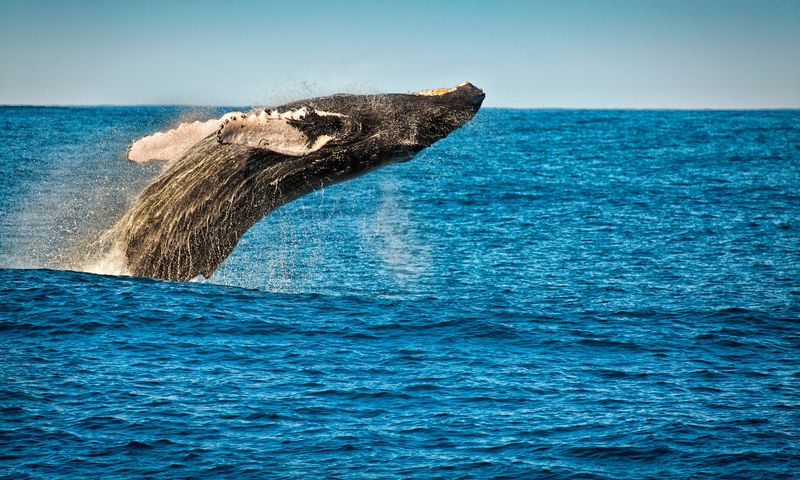
Whales are stewards of marine legacy, embodying the ancient connection between life on Earth and the ocean. They remind us of the ocean’s vastness and its role in sustaining life. By understanding and protecting whales, we honor the intricate relationships within our planet’s ecosystems.
Their presence in our waters is a testament to the enduring resilience of nature. Safeguarding whales ensures the continuity of this legacy, allowing future generations to experience the wonder of these magnificent creatures. Whales inspire us to cherish and preserve the natural world.

